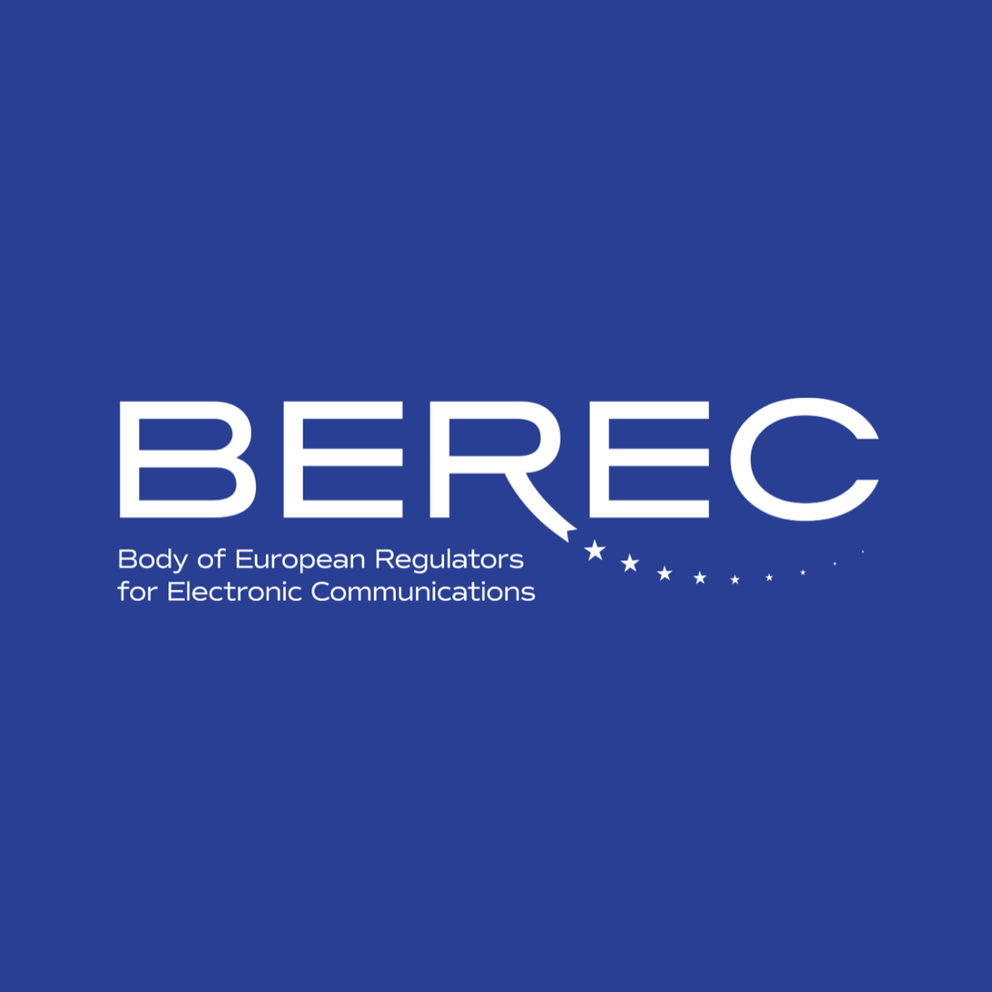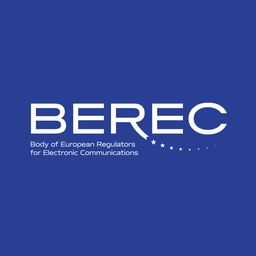Following on from their earlier call for input, BEREC have now released a draft report on the IP interconnection ecosystem. Take a look at their findings and contribute by sending your feedback.
During the 59th BEREC plenary meeting (6 June 2024), the Board of Regulators approved the Draft BEREC Report on the IP Interconnection Ecosystem (BoR (24) 93) for public consultation.
This updated report contributes to the ongoing debate on IP interconnection (IP-IC), building on BEREC's previous reports on IP-IC within the context of Net Neutrality (from 2012 and 2017) to assess the current status of IP-IC in Europe.
Overview
The report provides insights into the utilisation of various IP-IC services. It analyses traffic developments and assesses pricing and cost trends, while also identifying that competition and technological progress continue to exert downward pressure on those trends. Usage of on-net CDNs and bilateral peering is shown to have accelerated since the previous BEREC report (from 2017), and there is a discussion of the economic rationale for Content and Application Providers (CAPs) to deploy their own infrastructures as well as the substitutability between transit and peering.
While the IP-IC ecosystem continues to be driven by effective market dynamics and the cooperative behaviour of market players, the report also shows that a few IP-IC disputes have occurred since 2017. BEREC’s workshops conducted in the context of this project underpinned this finding. The report carves out the generic structure of such disputes. It also takes a closer look at the bargaining situation between CAPs and internet access service providers. Finally, the report addresses the interplay between the Open Internet Regulation (EU) 2015/2120 (OIR) and IP-IC.
Among its key findings, the report arrives at the following:
Traffic volumes continue to increase, however, growth rates are currently stabilising. At the same time, competition and technological progress exert downward pressure on costs, which then feed through to prices (e.g. for transit or CDN services). In light of these developments and of the analysis carried out, BEREC reiterates that since its creation, the internet has managed to cope with traffic growth and more accentuated peak traffic, both of which reflect changing usage patterns as well as increasing diffusion of IAS throughout societies. BEREC considers that, due to the above-mentioned progress, there is currently no indication that this is likely to change in the future.
The IP-IC ecosystem continues to evolve. It does not only reflect changing usage patterns as well as technological changes, but also economies of scale thereby reinforcing the trend towards infrastructure investment by Big Tech companies. Since 2017, the usage in particular of on-net CDNs but also of bilateral peering has accelerated.
Based on the findings of this report, BEREC’s previous observation that the developments in the IP-IC ecosystem are an "evolution rather than a revolution" still holds.
Call for feedback
We invite all stakeholders to share their views about the current draft. As well as providing us with feedback, we also hope that this public consultation will increase transparency about the work we do at BEREC.
All stakeholders are invited to submit their contributions by 26 July 2024, 17:00 (CEST) to the following email address: IP-IC-Consultation@distro.berec.europa.eu
In accordance with the BEREC policy on public consultations, we will publish a summary of all received contributions, respecting confidentiality requests. All contributions will be published on the BEREC website, taking into account requests for confidentiality and the publication of personal data. Stakeholders can request confidentiality of all or part of the documents submitted to the public consultation, upon submission.
We strongly encourage all stakeholders to submit their contributions as early as possible. Contributions received after the above-mentioned deadline will not be considered.
For further information regarding Open Internet rules in the EU, please visit the BEREC website’s dedicated page on the topic.



Comments 0
The comments section is closed for articles published more than a year ago. If you'd like to inform us of any issues, please contact us.